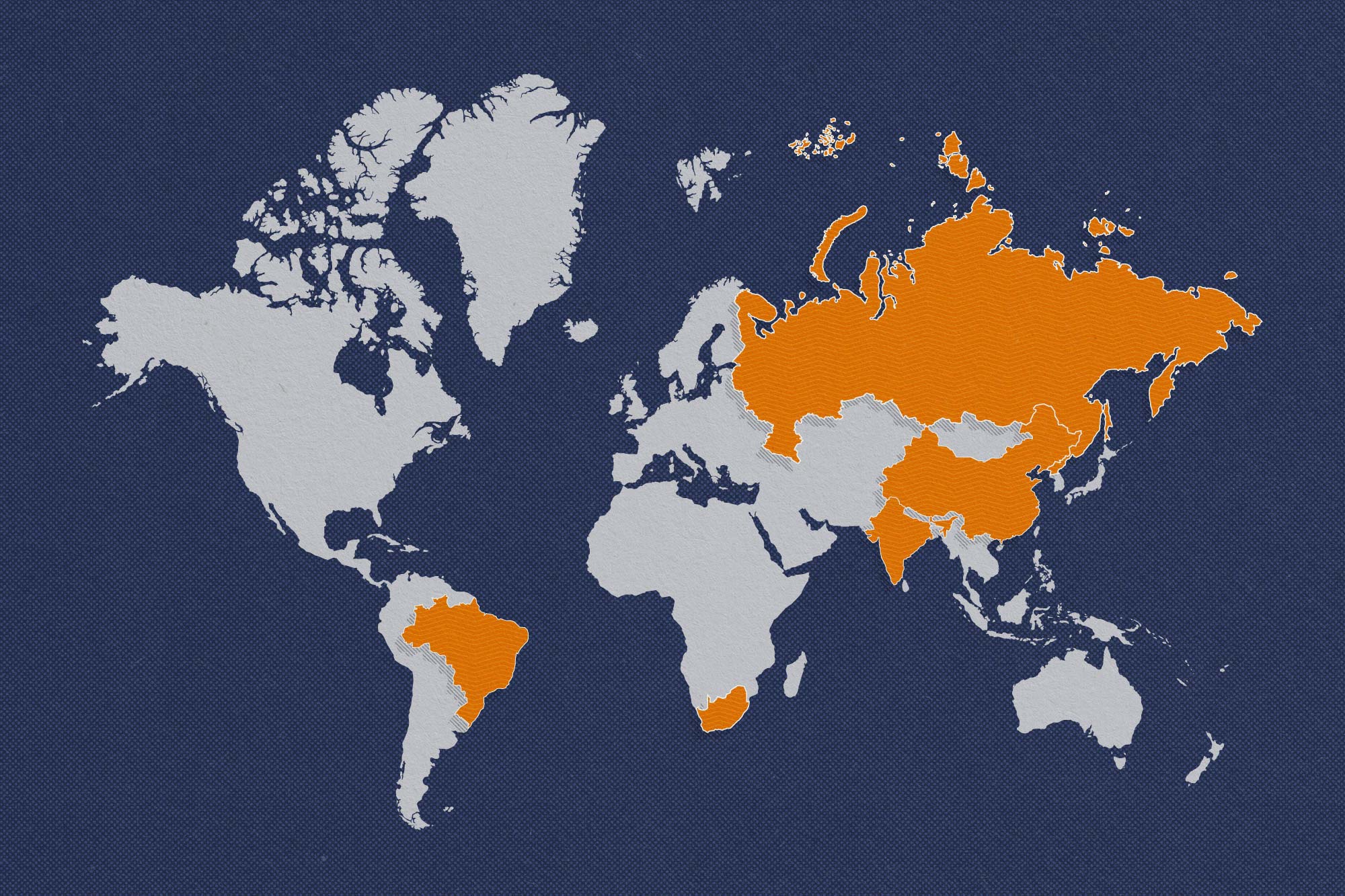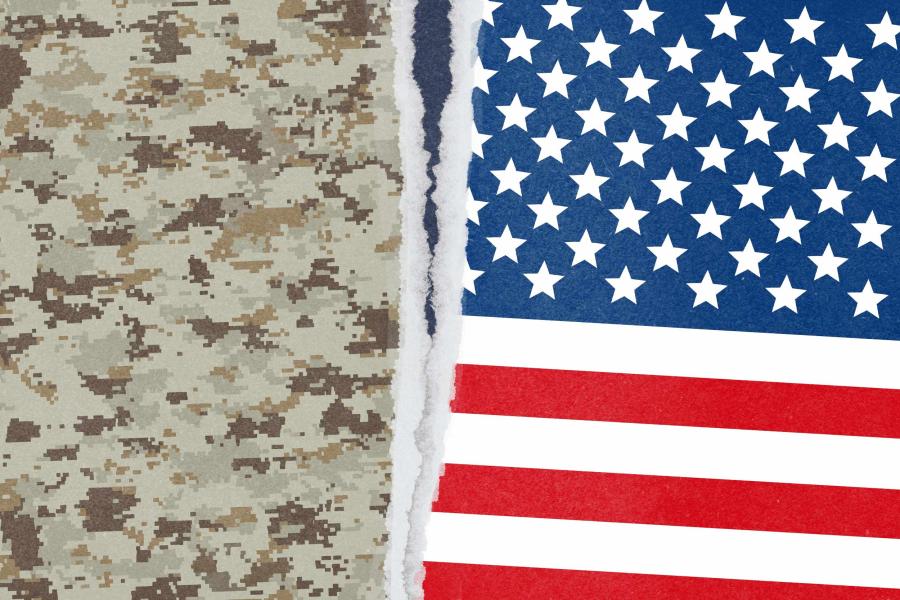UVA Today asked Potter about BRICS and why the U.S. shouldn’t worry.
Q. What is it about BRICS that makes them less of a threat?
A. I take a fairly dim view of BRICS as an effective political entity. These countries don’t have a lot in common other than that they are big and opposed to the United States. Russia and China supposedly enjoy a “friendship without limits," but really view one another suspiciously. India has dicey relations with China, at best. Brazil is in the wrong hemisphere and has relatively few overlapping interests. South Africa was added for symmetry to make this a Global South story, a Global South response to the G7. But when you look at the membership of the G7, these are countries that cooperate on many dimensions and are in strategic alliances with one another. They train together militarily; they operate in the same global economy.
Q. What is it that brings the BRICS countries together?
A. Opposition to the United States. And that’s the problem. They all know they’re against a U.S.-dominated global order.
As to what they’re for, there are comparatively fewer aligned interests. It’s challenging for them to put forward an alternative because that’s when their divergent interests start coming to the fore.
Q. How did the recent summit in South Africa fare?
A. My understanding is that they were not able to reach deep agreements with regard to currency and broader cooperation. They added several countries to the block that don’t fundamentally change the equation. Argentina has longstanding economic and political challenges. Egypt is chronically mismanaged. Ethiopia recently suffered a civil war and remains challenged. Iran is Iran. Saudi Arabia is a serious player with meaningful resources, but it plays both sides with interests that sometimes align with the West and sometimes with countries like China and Russia.
To my mind, the Gulf states signing up was the most interesting thing that came out of that summit to me. That said, I didn’t find it terribly surprising that Saudi Arabia and the United Arab Emirates were willing to sign on, at least in principle.
Q. What is the BRICS Development Bank and what does it do?
A. It was supposed to be an answer to the International Monetary Fund and the World Bank, a global lender that would help to invest in growth, bail out economies, reduce instability, that sort of thing. China and Russia offered to throw a bunch of money into the IMF in return for changing the voting rules and making it less Western-dominated. That did not work out and the New Development Bank was the next-best thing.
They put a considerable amount of money behind the BRICS Development Bank, at least in principle, and then had a series of false starts. The participants struggled to agree on who was going to put in what, how it would be controlled, what its objectives would be. This is part of the same, larger stories. It’s comparatively easy for a bloc of countries to coalesce on what they don’t like, but as soon as it comes around to putting something concrete in its place, they run aground on the reality of their divergent capabilities and interests
Q. Periodically, there is talk about the BRICS countries coming up with a currency. Where does that stand?
A. In my view, it’s a total non-starter.
What they’re against is dollar hegemony, the ability of the U.S. to weaponize the financial system, and impose sanctions on them or other people. The U.S. derives tremendous benefit from the dollar and the financial system in terms of global power. It’s not surprising that BRICS countries would like to contest that.






